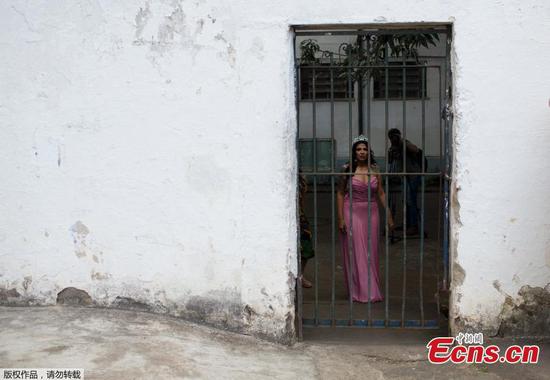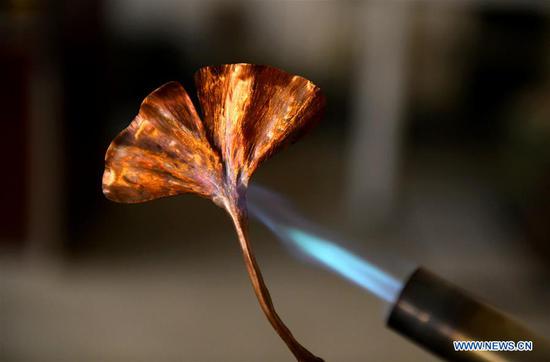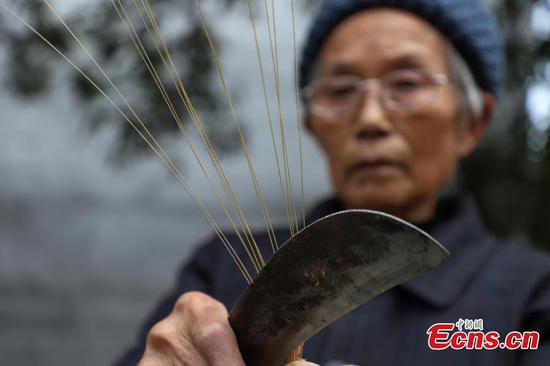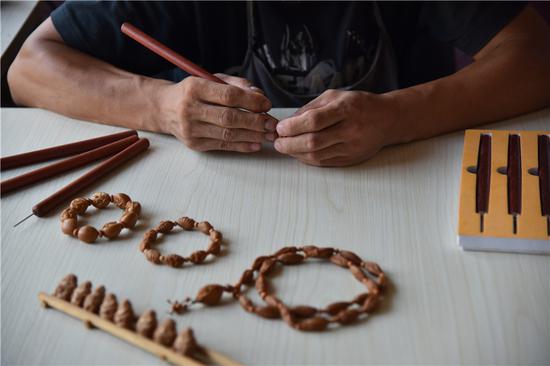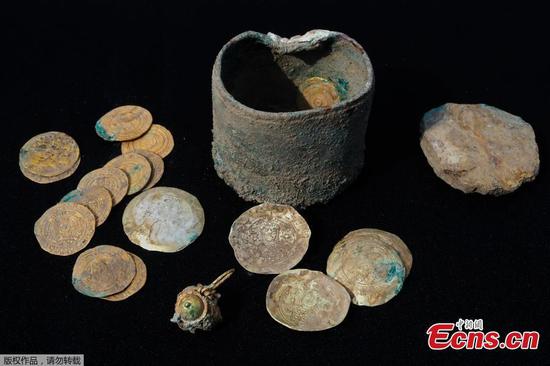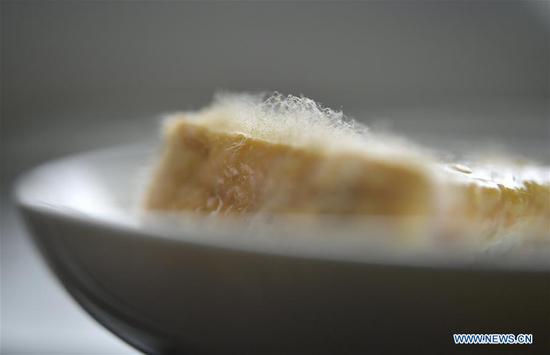A Brazilian woman with uterine infertility gave birth to a healthy baby girl using a womb transplanted from a deceased donor, becoming the first case of its kind in the world, according to a recent study.
"The results establish proof-of-concept for treating uterine infertility by transplantation from a deceased donor, opening a path to healthy pregnancy for all women with uterine factor infertility, without need of living donors or live donor surgery," Brazilian researchers said in the study published Tuesday in the medical journal The Lancet.
The female baby was delivered via Caesarean section at a hospital in Sao Paulo, Brazil, in December 2017 when the mother was almost 36 weeks pregnant, the study said.
The baby, weighing 2,550 grams at birth, remains healthy and develops normally 7 months after birth. The mother, whose uterus was removed in the same surgical procedure, is also healthy, the study added.
According to the researchers, the uterine transplantation was carried out in September 2016 when the woman with congenital uterine absence was 32 years old. The donor was a 45-year-old woman who had three children through natural birth and died of a stroke.
Before the new breakthrough, uterus transplantation from living donors has proven successful in a couple of cases.
In December 2017, doctors at Baylor University Medical Center in Texas announced that the first U.S. baby was born to a mother who received a uterus transplant from a living donor.
Organ transplantation is one of the most complex procedures in medicine as it may fail due to many risks such as infection, transplant rejection and other serious complications including death.
Meanwhile, organ shortage, organ viability due to a lack of blood and oxygen supply during preservation and transportation, as well as moral and ethical issues also pose challenges to the procedure.
Besides saving the life of patients with failed vital organs, scientists have also conducted hand or face transplants in recent years to improve a person's quality of life.























